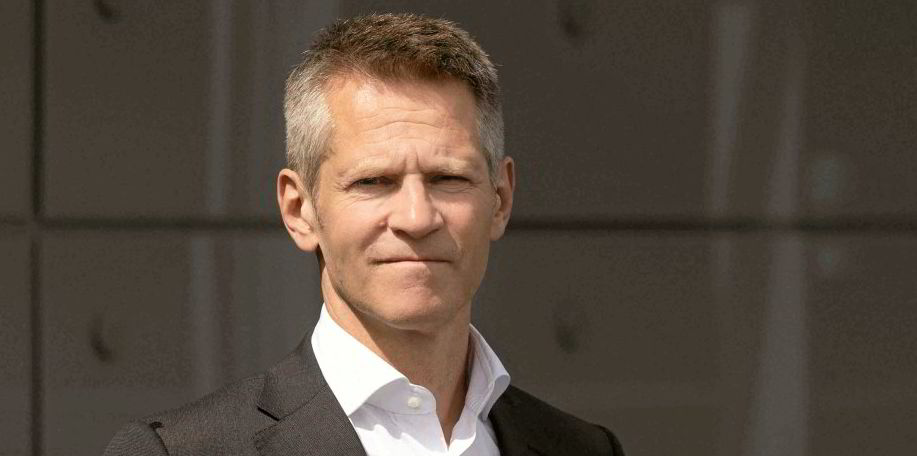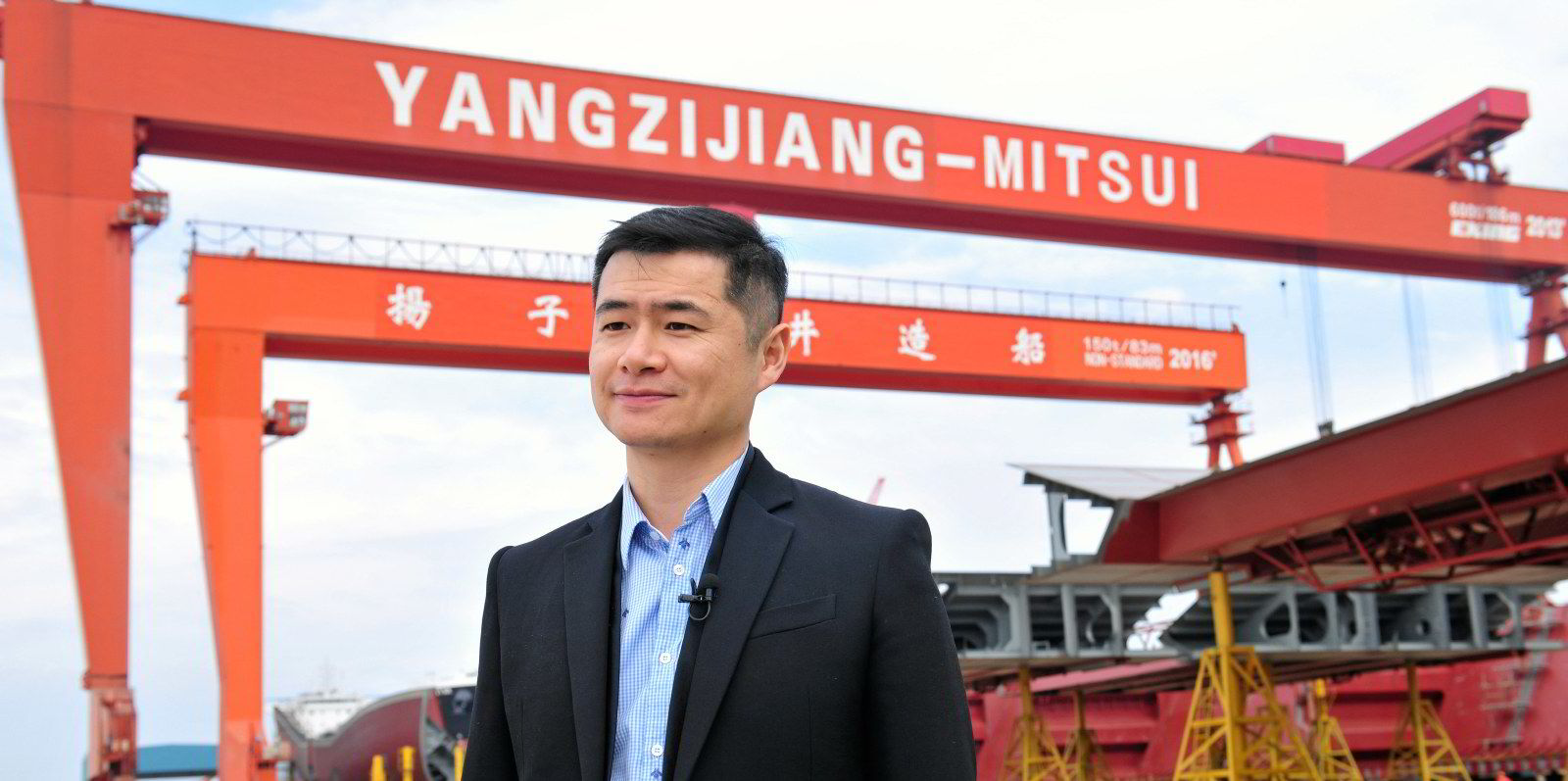Norway’s Klaveness Combination Carriers (KCC) is claiming a first in the tanker and bulker sectors by linking charter fees to CO2 emissions.
The Oslo-listed owner said it has amended an existing contract of affreightment with Australian mining and metals group South32 to introduce carbon pricing.
The two sides signed a six-year charter in January 2022 to ship South32’s caustic soda to Australia.
They said at the time that they had agreed on a framework to explore the issue of decarbonisation as part of the terms.
Now KCC has revealed that work was carried out last year on a way to link the rate paid by South32 to emissions from KCC’s fleet, relative to an unspecified baseline.
This year, the owner will start to receive more money if emissions go below the base level, and will get less if they are above this mark.
Any additional cash paid by the charterer will go towards investments in energy efficiency measures for the dry and wet combination carriers.
KCC chief executive Engebret Dahm said: “The shipping industry needs a price on carbon to incentivise efficiency improvements, cut waste and start to transition to new fuels.
“In the absence of regulations, we are grateful for the support and partnership with front-runners South32 in developing and introducing the first carbon pricing mechanism in the dry bulk and tanker industries.”
Crucial role to play
South32’s vice president of sustainability strategy, Holly Buschman, said: “At South 32 we produce commodities that are crucial for a low-carbon future.”
The group knows it has a crucial role to play in decarbonising the value chain, she added.
The deal is part of its drive to get third-party Scope 3 emissions to net zero by 2050.
KCC has eight Cabu vessels carrying caustic soda and bulk cargoes, while its eight Cleanbus transport oil products and dry cargo.
The company aims to carry different cargoes for each leg of a journey, cutting ballast times.




